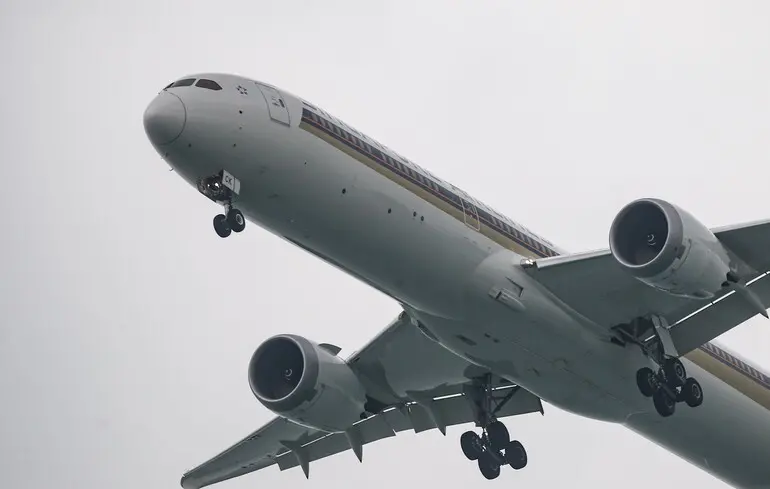Russia’s Indirect Influence on Global Civil Aviation Persists Despite ICAO Exclusion

Although Russia, as an aggressor nation, is not officially a member of the International Civil Aviation Organization (ICAO) Council and does not have direct decision-making power, it continues to exert significant indirect influence over the global aviation industry.
Experts point out that sanctions imposed in 2022 in response to Russia’s invasion of Ukraine and violations of international aviation standards have forced the country to operate outdated aircraft and use spare parts of dubious origin.
Nevertheless, Russian airlines such as Aeroflot and S7 remain active participants in the international transportation system, allowing Russia to maintain a certain level of influence.
International lawyer Gunduz Mamedov emphasizes that Russia can still influence the aviation sector indirectly through the global market, industry alliances, standards, and bilateral agreements.
This creates opportunities for Russia to impact the industry even without formal membership in ICAO.
Analysts suggest that to weaken Russia’s influence, it is advisable to increase its diplomatic and operational isolation in organizations like the International Air Transport Association (IATA) and the International Civil Aviation Organization’s successor bodies, which govern civil aviation standards worldwide.
The experience with ICAO demonstrates how precedents can be leveraged by other international organizations, such as the International Maritime Organization, the International Telecommunication Union, the International Atomic Energy Agency, and the World Trade Organization, to curb Russia’s global influence.
Notably, on September 27 in Montreal, Russia failed to secure a seat on the ICAO Council, falling short by only six votes, marking another step in its diplomatic isolation from the international civil aviation community.

